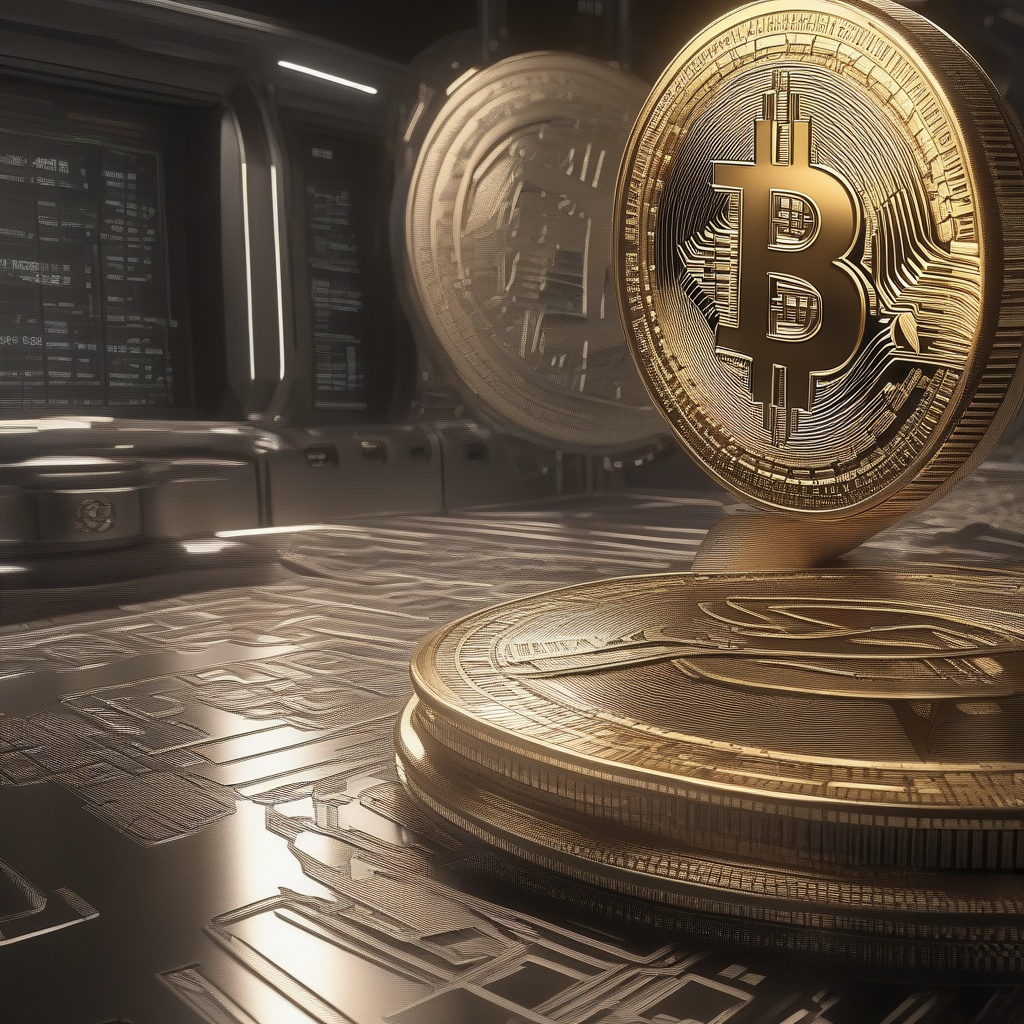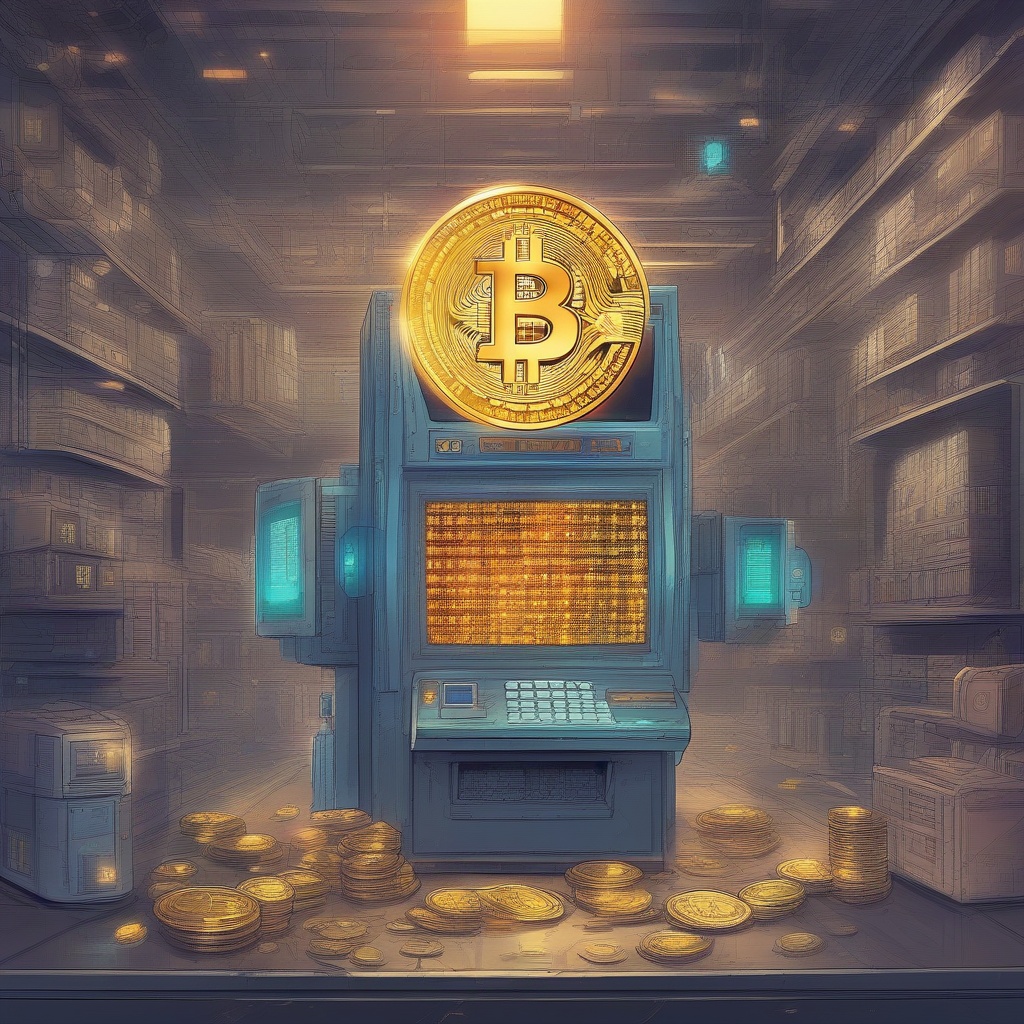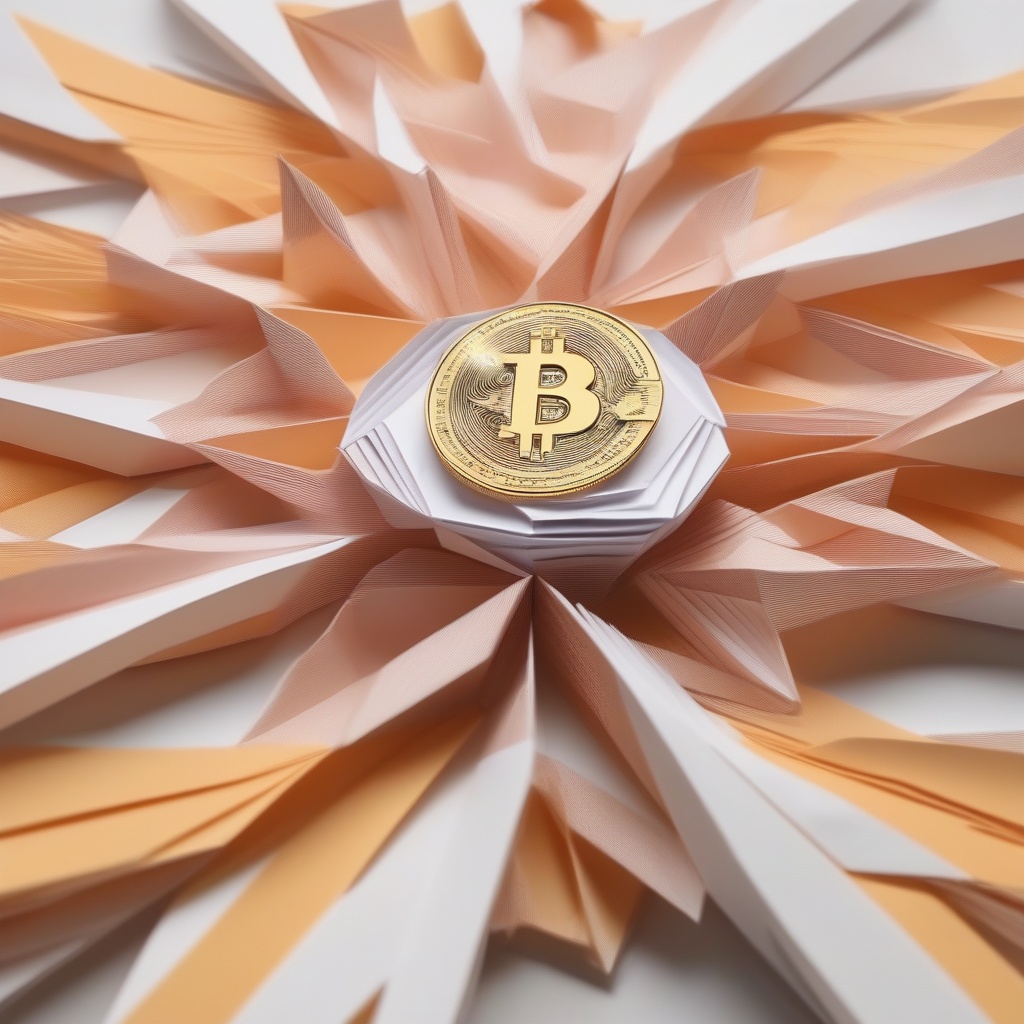Is Pfizer halal or haram stock?
I'm considering investing in Pfizer but I'm not sure if it's a halal or haram stock. I want to understand if their business practices align with Islamic financial principles before making a decision.

Anket doldurarak para kazanma helal mi?
I'm wondering if it's halal, or permissible, to earn money by filling out surveys. Is this considered an acceptable way to make a profit according to Islamic principles?

E-ticaret helal mi?
I'm wondering about the concept of e-ticaret and whether it is considered halal or permissible. Is engaging in e-commerce activities aligned with religious or ethical standards?

Is mrhb a halal cryptocurrency?
The user wants to know if MRHB is considered a halal cryptocurrency, which involves understanding the compliance of MRHB with Islamic financial principles.

Is staking halal?
I'm considering staking as an investment option, but I'm concerned about whether it aligns with my religious beliefs. I'm wondering if staking cryptocurrencies is considered halal or not.

